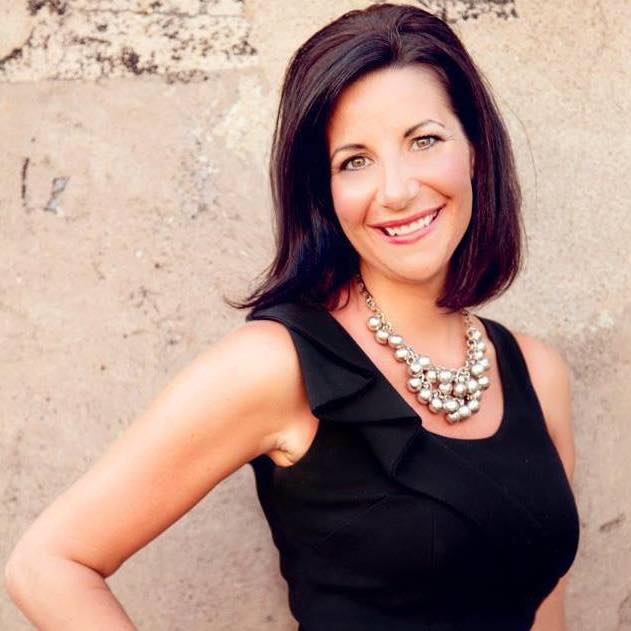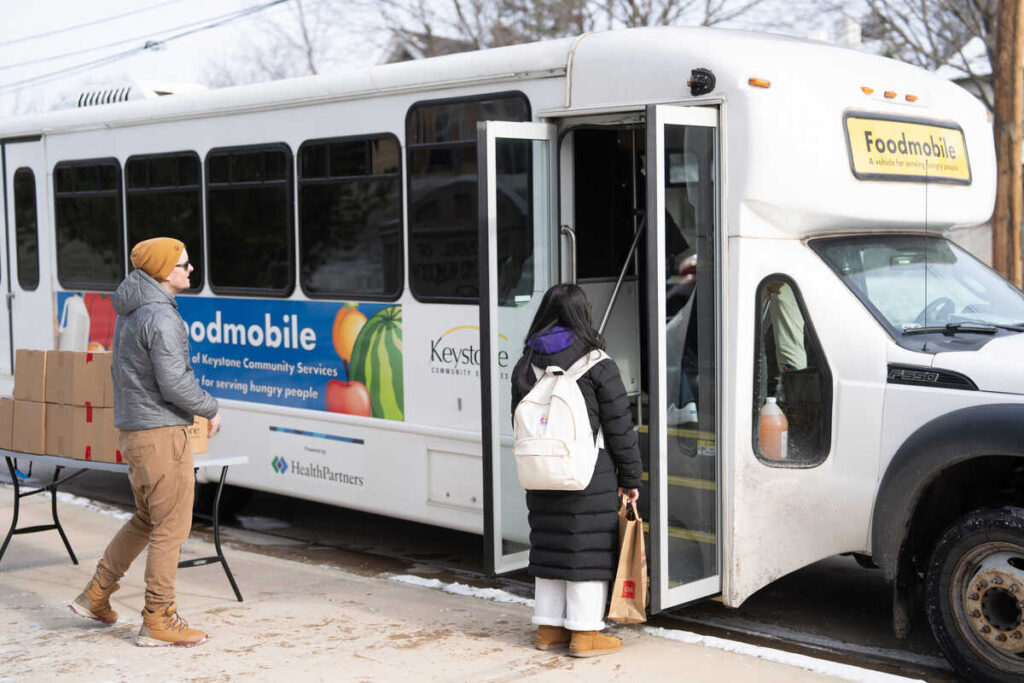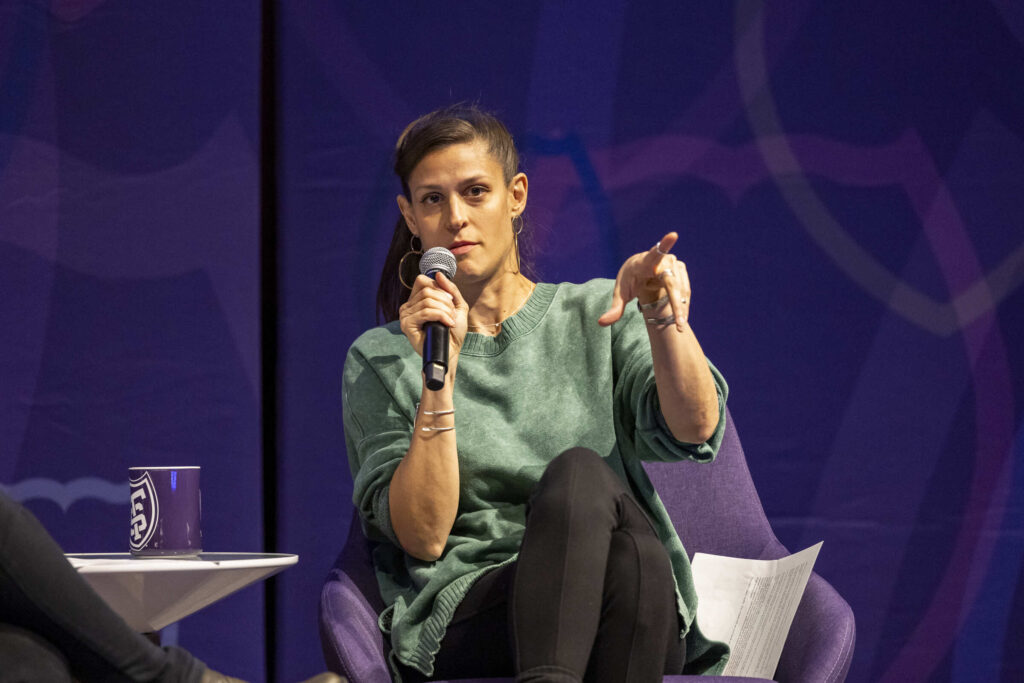Alicia Long '10 is a deputy chief in the general crimes section for the United States Attorney's Office for the District of Columbia in Washington, D.C. She has also served as an assistant United States attorney in the homicide section, violent crimes unit, felony major crimes trial section and the sex offense and domestic violence unit.
We recently connected with Long while she is working from home amid the COVID-19 pandemic to learn more about her legal career.
What area of the law did you think you would pursue when you started law school?
I have always believed in public service and giving back to the community. My dad was a firefighter and my mom was a nurse, so the importance of helping others was instilled in me from a young age. I also have always been interested in the law, so becoming a prosecutor always seemed like a natural fit.
What path did your career take after law school?
Although I’ve always wanted to be a prosecutor, unfortunately I graduated in 2010 right after the legal market crashed, which made it tough to find employment in many of the local prosecutors’ offices. Luckily, St. Thomas Law’s career services encouraged me to apply to the Presidential Management Fellows (PMF) Program and I was accepted. I worked at the Drug Enforcement Administration (DEA) for nearly four years and rotated throughout many divisions of their Chief Counsel Office. As part of the PMF program, I also did a 10-month detail at the U.S. Attorney’s Office for the District of Columbia and became a permanent hire in 2014.
What do you like most about being a government lawyer?
My favorite part of my job is working with victims and witnesses. There is nothing more rewarding than working to achieve justice for those who have been taken advantage of or hurt. Oftentimes I meet with people who have been through one of the most traumatizing experiences of their lives, and if I can do my part to make things just a little bit better, while seeking to achieve justice, I feel rewarded.
What are some of the major legal issues that are at the forefront for you right now?
I think one of the biggest issues is understanding the impact of technology on the law especially when it comes to Fourth Amendment concerns. Now more than ever, we are carrying around more information on us via our cell phones and tablets and that information potentially can be relevant to a criminal investigation. As technology advances, we need to continue to figure out exactly how the Fourth Amendment applies to the search and seizure of that information.
What’s something you learned at St. Thomas, in class or out, that you carry with you even today as a legal professional?
At St. Thomas, we were always taught to see the dignity and value in every single human being. I always try to remember and apply this to every person I meet or interact with regardless of whether they are a defendant, a victim or a witness. At the end of the day, we are all humans, we all have flaws, and no one is perfect.
What is the most important item in your office?
A picture of my great-grandmother that was given to me by my grandmother. She was one of the first female lawyers in the state of Wisconsin. Also, my certificate of admission to the Supreme Court of the United States. Now all I need is my feather!
What do you do to manage your stress, prioritize wellness and maintain your overall health?
I try to enjoy the outdoors as much as I can. I love taking my dog Otis on long hikes and I also like to try to get out on the water as much as possible! I believe in the motto work hard/play hard. If you are going to do this job, it is important to have work/life balance. Last year, I took off nearly two months to sail around the coast of South Africa. I had a pretty heavy workload when I got back, but by being organized I was able to take the trip. It also allowed me to feel revitalized and ready to jump back in when I got back.







